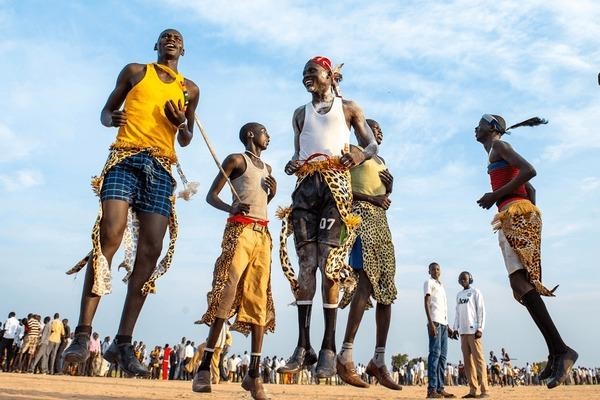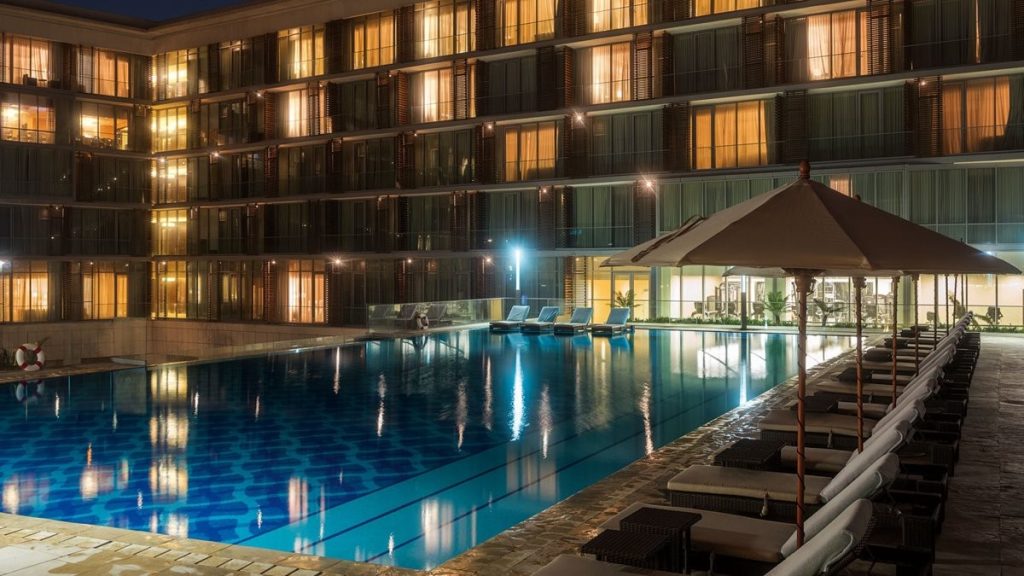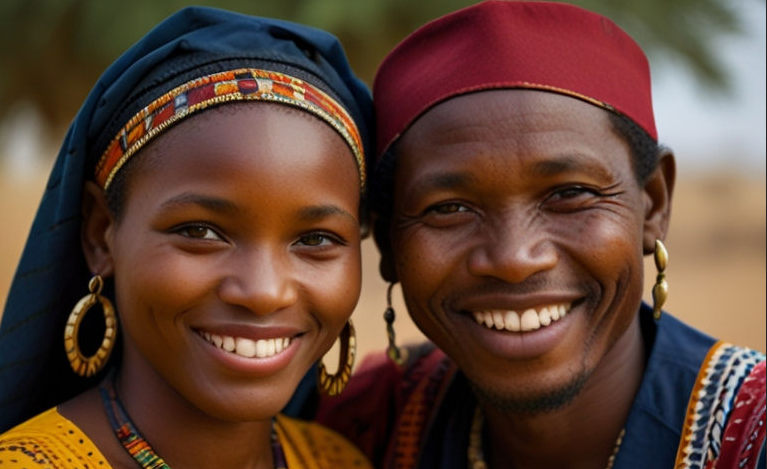Ghana’s education system is overseen and organized by the Ministry of Education. There are four levels in the system: primary school, junior secondary school, senior secondary school, and tertiary education. Although English is the official language of teaching at all stages of education, native languages are also utilized in elementary school, depending on the locality (“Educational System of Ghana”, 2022). Ghana’s education system takes twenty years to complete from playgroup to an undergraduate degree level. Ghana has fifteen national public universities.
Basic education takes eleven years and is both mandatory and free. It is divided into Kindergarten, Primary School, and Junior High School. The Basic Education Certificate Examination is done as the completion of the junior high school. After passing the BECE, the student can continue to secondary school (“Educational System of Ghana”, 2022). Secondary education can be general or vocational. Senior High School is three years long and culminates in the West African Secondary School Certificate Examination. Other secondary schools lead to a variety of diplomas and certifications. Tertiary education is separated into two categories: universities and polytechnics. New tertiary education graduates must participate in the National Service Scheme for one year.
In Sub-Saharan Africa, Ghana is a popular foreign study location. According to UIS data, student inflows from other West African countries to Ghana have increased over the last decade.
Between 2007 and 2015, the number of international students increased by 838 percent, from 1,899 to 17,821 pupils (“Educational System of Ghana”, 2022). Furthermore, Ghana has emerged as a key sending market for international students in the Sub-Saharan area.




